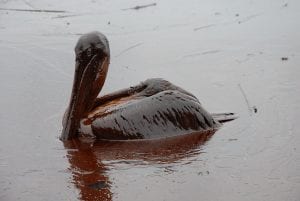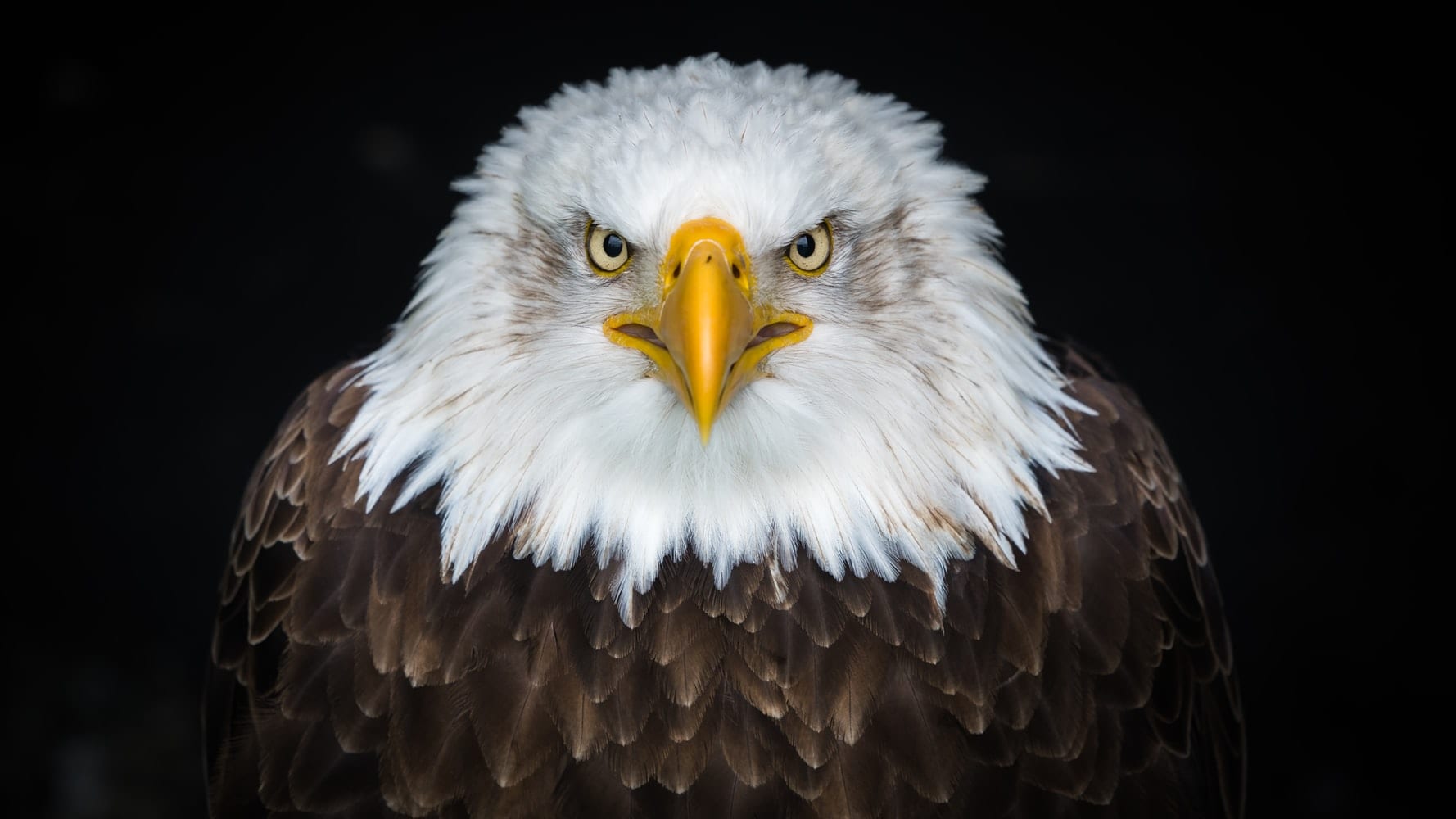Birds are declining. The Trump administration plans to help them go faster by taking a giant crap on America’s bird population.
Last autumn, Science Magazine published a study concerning the North American bird population. Birds are declining across the continent, having lost 29% of their numbers since 1970. Researchers in the United States and Canada reported significant losses not only to rare or endangered species, but also to common and widespread types of birds (including ones considered invasive).
Reasons for the slump include all of the usual suspects. Collapsing insect populations mean that many birds are less able to find food or feed their young. Birds are declining due to loss of habitat as well, with grasslands turned into monoculture farmland, wetlands being drained for development, forests turned into consumer goods, and nesting areas paved over. We also poison birds, directly or indirectly as a result of efforts to exterminate insects and rodents. Industrial culture kills birds as a matter of course, whether as victims of oil spills, because they land in oil pits that look like ponds from above, get clubbed by wind turbines or fried by solar power installations. Cats, window collisions, hunting and poaching, electrical wires, and climate change round out the most common causes of death.
Even by 1970, the benchmark year for the study, bird populations weren’t what they once had been. In the 1800s, passenger pigeons famously filled the skies with their migration. Flocks numbered in the millions. Indigenous people hunted them easily by throwing rocks or sticks in the air. Settlers didn’t even aim their shotguns, since random blasting could bring down several at once. In 1850, Simon Pokagon, a Potawatomi tribal leader, reported hearing the pigeons approach the Manistee River in northern Michigan, sounding like distant thunder or the trampling of horses, until the front of the flock appeared over the horizon. By 1914, the last passenger pigeon was dead, the species hunted to extinction by people who believed that the natural bounty would never end. It’s only creeping normality that makes current bird populations seem natural instead of shockingly sparse.
Even though some species, such as birds of prey, have rebounded since DDT was banned, it’s clear that the natural world is in a crisis, and birds are declining as a result of human activity. Because birds are such a useful “canary” in the coal mine, it behooves us to consider our effects not only on avian species, but on our impact to ecosystems generally. It seems clear that we need to take better care of our surroundings, even if it means making some tough choices about what we need and what we really don’t.
Naturally, it’s the perfect moment for President Trump to step up and do what he does best, which is almost always the opposite of whatever should actually happen. Apparently, birds aren’t dying fast enough on their own, so he has a policy lined up to help them out the door.

In 1918, four years after the last passenger pigeon shuffled off her mortal coil, Congress passed the Migratory Bird Treaty Act, making it illegal to “pursue, hunt, take, capture, [or] kill…in any manner, any migratory bird” without federal permission. In 2017, the Trump’s Department of the Interior issued a legal opinion weakening the provisions of this Act to remove penalties for bird deaths considered accidental, such as the 250,000 seabirds that perished after the Exxon Valdez disaster in 1989, or BP’s Deepwater Horizon oil rig explosion which killed over a million birds in the Gulf of Mexico in 2010. Now, the U.S. Fish and Wildlife Service intends to make that legal opinion permanent.
Let’s be honest. While any particular disaster might be the result of an individual accident, the multitude of birds and other creatures killed by industrial culture are not. They are the result of a deliberate decision to weigh the importance of the natural world as subordinate to the immediate requirements of industry and next quarter’s profit margin. This might make sense if maintaining plutocratic wealth were the best possible use of society’s resources, but here in the reality-based world, such actions are suicidal for the rest of us. Birds are declining, and so is the natural world that we depend upon for everything we need to live. Inevitable industrial “accidents” are exactly what these regulations should punish and deter, not necessarily the occasional poor or working class hunter who poaches a duck to feed the kids.
Once upon a time, being “conservative” meant embracing conservation, preserving nature and the best aspects of our culture in perpetuity for future generations. No more. Now the word is empty of substance, conserving nothing but fossilized mindsets and the right of the powerful to despoil and destroy. What a miserable betrayal of a once-proud American tradition.
Related: Trump Administration Lifts Penalties for Companies That Kill Migratory Birds


Join the conversation!